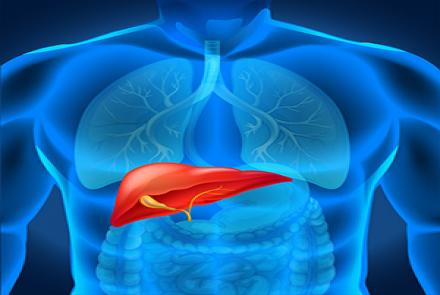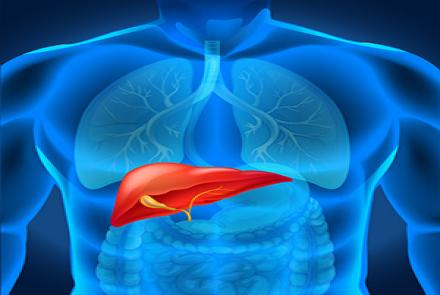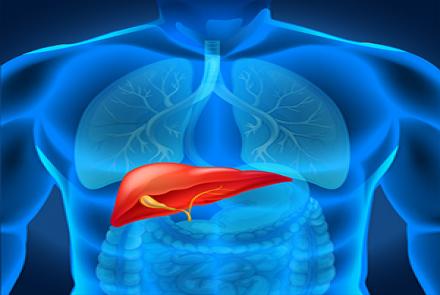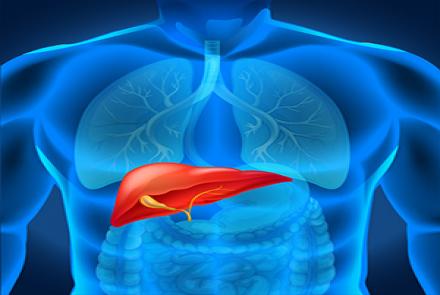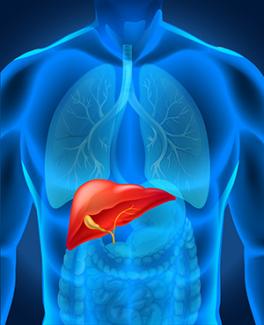
There are various causes for chronic hepatitis which are as follows:
- Infection from viruses such as Hepatitis A, B and C
- Alcohol associated
- Drug induced
- Autoimmune
Among these, viral hepatitis is the most common cause, followed by alcoholic and non-alcoholic/metabolic liver disease. Metabolic liver inflammation can be due to hemacromatosis, Wilson’s disease, alpha-1 antitrypsin deficiency, sarcoidosis and non-alcoholic fatty liver disease. Other less common causes of hepatitis include autoimmune diseases (which constitute genetic predisposition), ingestion of toxic substances, certain drugs (such as Isoniazid, Nitrofurantoin, Methyldopa etc.), some industrial organic solvents etc.
Among viruses, Hepatitis B, Hepatitis C and Hepatitis D are transmitted when blood and mucus membranes are exposed to infected blood and body fluids. Common sharing of bodily fluids does not transmit the virus unless unless the virus has direct access to the blood or via cut/ scrapes.
In adults, hepatitis B infection is most commonly self-limiting, with less than 5% progressing to chronic state, and about 20 to 30% of those chronically infected developing cirrhosis and/or liver cancer. Any minor infection in infants and children frequently leads to chronic infection of liver.
However with Hepatitis C, infection commonly leads to chronic infectious process and liver cirrhosis.
Excessive alcohol consumption leads to cirrhosis of liver leading to liver failure.
Drugs causing liver injury include the analgesic acetaminophen, anti-epileptics (valproic acid and phenytoin); anti-tuberculosis agent(isoniazid); antibiotics such as nitrofurantoin, amoxicillin-clavulanate, erythromycin, trimethoprim-sulfamethoxazole;cholesterol-lowering statins; Exogenous steroids such as contraceptive hormones, anabolic medications, and highly active anti-retroviral therapy used in HIV are also causative factors. Amoxicillin-clavulanate (commonly available as Augmentin) is the most common cause of drug-induced liver injury. Acetaminophen or paracetamol causes acute liver failure.


